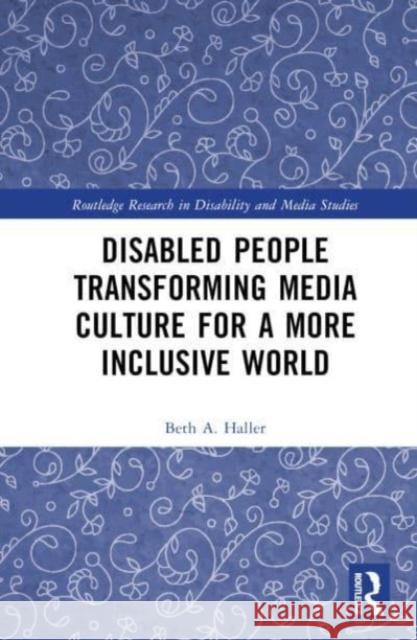Disabled People Transforming Media Culture for a More Inclusive World » książka
topmenu
Disabled People Transforming Media Culture for a More Inclusive World
ISBN-13: 9781032106625 / Angielski / Twarda / 2023 / 240 str.
Disabled People Transforming Media Culture for a More Inclusive World
ISBN-13: 9781032106625 / Angielski / Twarda / 2023 / 240 str.
cena 705,83
(netto: 672,22 VAT: 5%)
Najniższa cena z 30 dni: 654,86
(netto: 672,22 VAT: 5%)
Najniższa cena z 30 dni: 654,86
Termin realizacji zamówienia:
ok. 22 dni roboczych.
ok. 22 dni roboczych.
Darmowa dostawa!
This book tells the stories of disabled people who have been influential in creating modern mass media.











